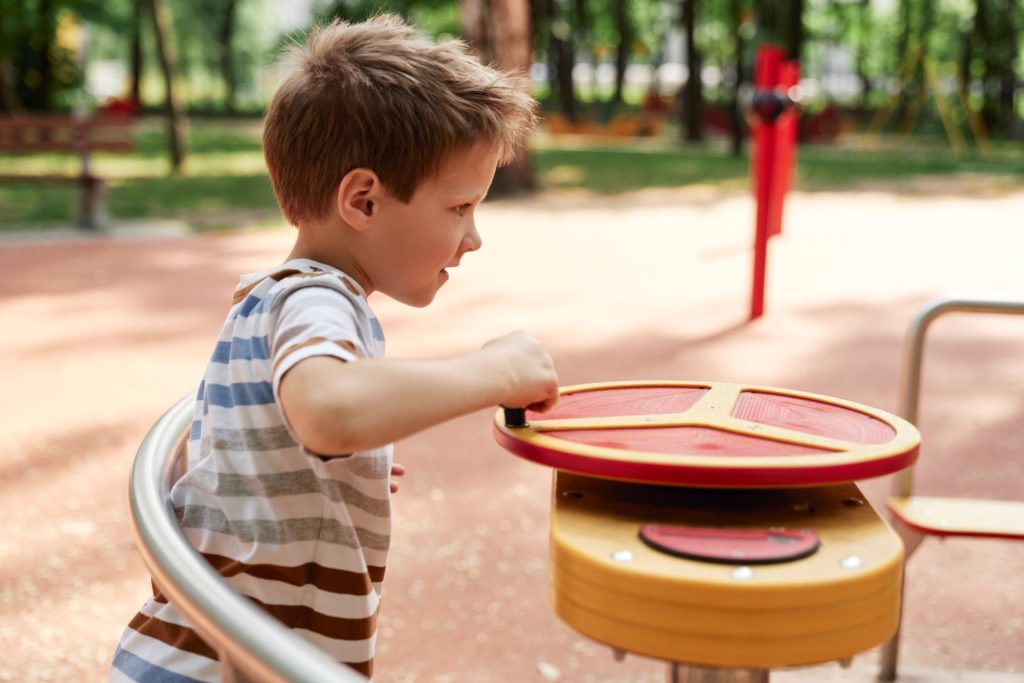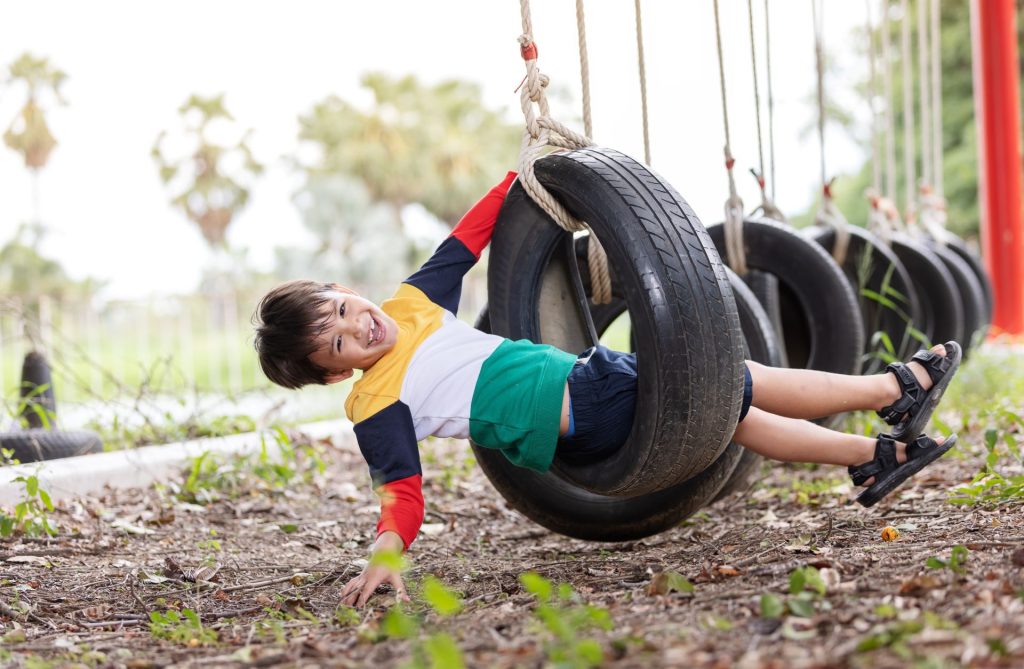
Supporting Children with Autism Spectrum Disorders
Does your child struggle with social interactions? Are they sensitive to sounds, lights, or touch? Do changes in routine cause them significant distress? Have you noticed difficulties in starting or maintaining conversations and communicating effectively?
These signs are commonly associated with Autism Spectrum Disorders (ASD) in children.
It’s important to note that the symptoms of Autism Spectrum Disorder (ASD) can vary in intensity, making it challenging to identify at times.
In some cases, children with autism may seem to follow a typical developmental path before the age of 1 or 2 but then undergo a sudden regression where they lose language or social skills they had previously acquired. Seeking support and understanding during this period is crucial for both you and your child.
Autism spectrum disorders can significantly impact a child’s life, affecting their ability to concentrate, learn and thrive in various environments.
We are here to help
We’re here to help you navigate these challenges and support your child’s development.
The Cluas Programme is specially designed to provide personalised support for children with autism spectrum disorders.

Meet Jake
Jake hears too much and puts his hands over his ears, he does not like being cuddled or touched. Jake speaks very little, and when he does, he repeats words or phrases out of context. He loves music, especially nursery rhymes. He generally wants to play alone, finding it very difficult to share and play with others. He gets bored easily and does not spend long at any one activity. Jake often spins around and flaps his hands or touches his fingers.
Introduction
The middle ear contains two tiny muscles called the hammer muscle and the stirrup muscle, both of these muscles are involved in filtering sounds. If these muscles are not working well, a person may hear too much or be very sensitive to sound and will not be able to listen to what is important. The Cluas Programme reduces this sensitivity and helps tune children into the sounds of speech.
We created a custom programme for Jake. He has become less sensitive to sound. He now speaks in longer sentences and more appropriately. He has begun to play with the other children and be less demanding.
Discovering Cluas
He now spins and flaps a lot less, thanks to the work of his Cluas programme using classical music to work on Jake’s vestibular system in the inner ear, which controls his balance coordination and muscle tone.
His mother says that he is much happier in himself and is communicating more often and more easily with his family.
-

Michael, age 4 – Autism Spectrum Disorder and Sensory Processing Difficulties
“After his autism diagnosis we were totally lost as to what to do next…We met Ronan in November 2019 and he was able to explain all of Michael’s symptoms to me really quickly and why they were happening…I felt an incredible lift understanding how ears can have such a detrimental effect on everything…”
Frequently Asked Questions
Specific programmes for your child
At the core of the Cluas programme is a unique system of sound stimulation. Our programme uses music to retrain and improve your child’s auditory processing skills. We use specialised sound equipment, to retrain the way the children gather and process information
What is the Cluas Programme?
What is the Cluas Programme …
Is each programme individualised?
What is the Cluas Programme …
The difference between hearing and listening?
What is the Cluas Programme …
Where is the Programme delivered?
What is the Cluas Programme …
The Cluas Programme for Children
How can Cluas help?
If your child is facing autism spectrum disorder, you don’t have to navigate the journey alone. We’re here to help.
Together, we can unlock your child’s full potential, build essential skills, and create a brighter future.
Take the first step & contact us today
